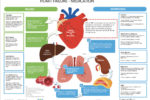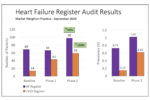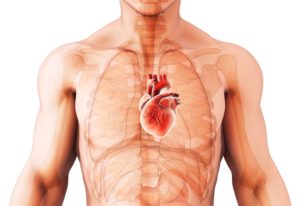Heart failure affects around three in every hundred people aged 65 to 74 years, and increases with age. About 40% of patients with heart failure will die within one year of diagnosis, underlining the need for prompt diagnosis and effective therapy. In this article we explore what goes wrong in heart failure, and how cardiac resynchronisation can help.

























